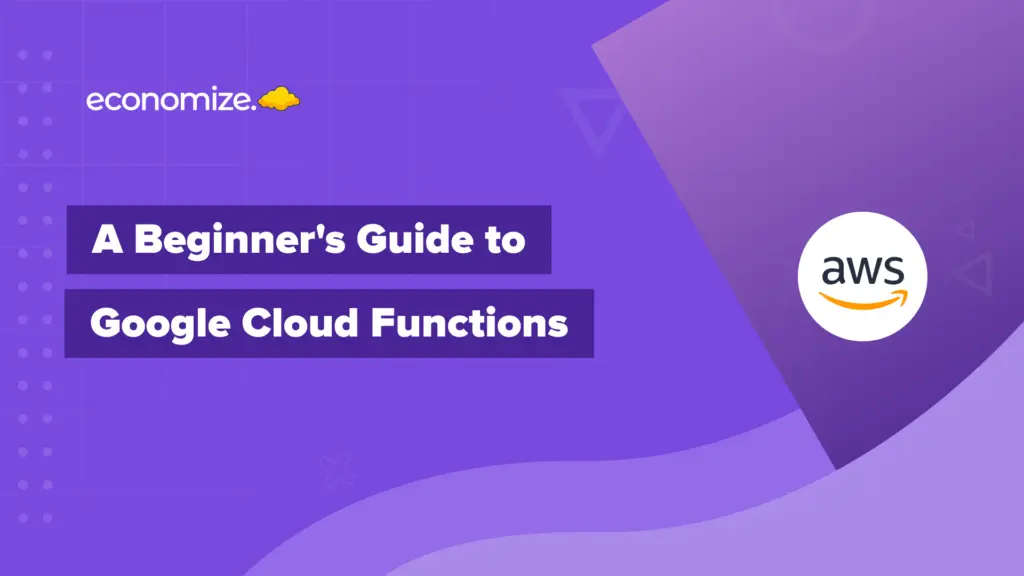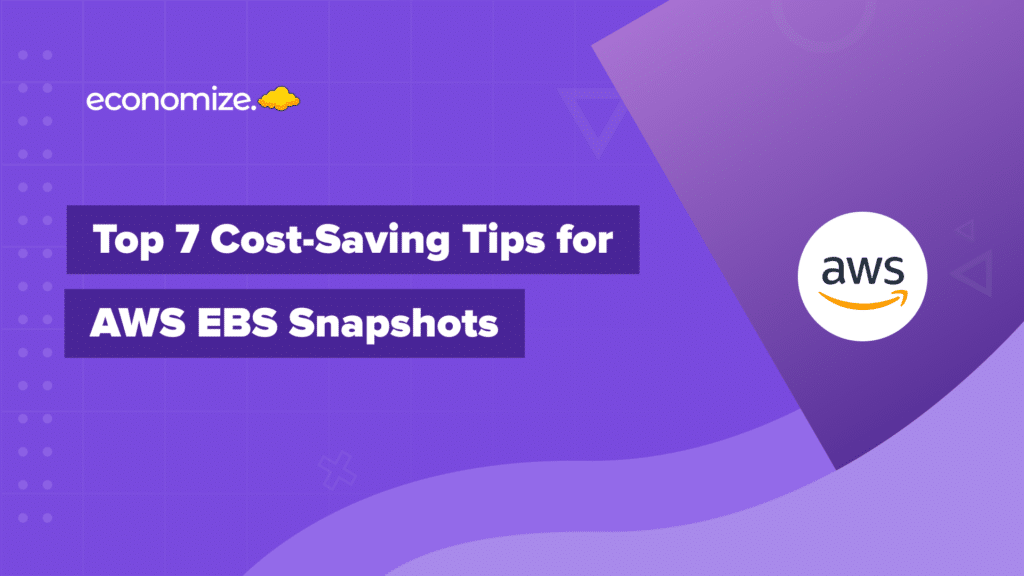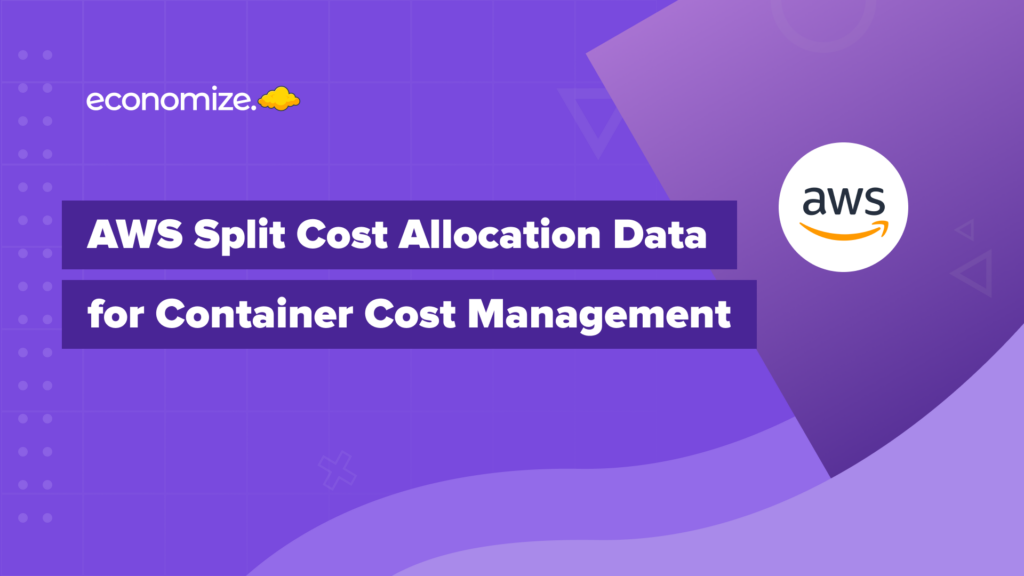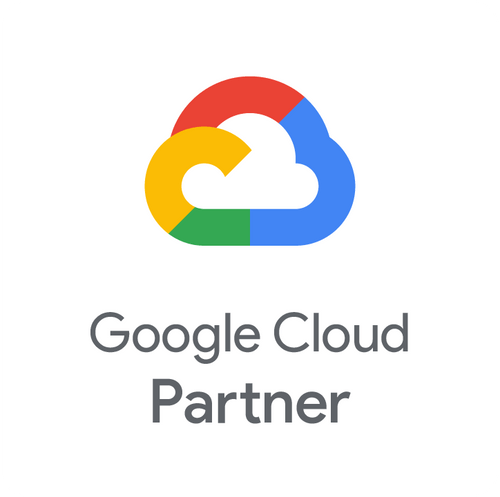What are Google Cloud Credits?
To help new users get started with Google Cloud Platform (GCP), Google offers an incentive called Google Cloud Credits. Users may redeem these credits to access GCP services for free, for example building a website, or creating an application or service in the Google Cloud environment. There is a certain time and usage limit with these credits, but Google also offers “always free” services that can be used limitlessly.
Google aims to give free credits to teachers and students, for the purpose of education and a wider adoption of GCP. Free Cloud Credits are also granted to startups as well as for research purposes. This is Google’s way of giving back, by encouraging and promoting new thinkers and industries from their own cloud platform.

Google Cloud’s Free Tier
Free tier is the most basic way of using GCP. You are given an extended trial and access to free resources that you may use to gain an understanding of Google Cloud. This is meant to give new users a basic understanding of GCP by allowing users to try it themselves.
90 Day $300 Trial
The Google Cloud 90 day trial is meant for new customers. The trial ends when 90 days have been completed since activation, or when $300 in Google Credits are exhausted. If you are using Always Free resources during the trial, they will not be charged against your credits. When the trial is complete, you can choose to pay and continue with your data, otherwise Google will delete your resources.
There are certain limitations when using the 90 day trial
- There can’t be more than 8 cores (or virtual CPUs) active at once.
- GPUs cannot be added to VM instances.
- You are unable to seek an increase in your quota.
- Windows Server images cannot be used to build VM instances.
Google also has a list of eligibility requirements, you may check out their GCP documentation.
Google Cloud Always Free
The Always Free program is the next logical stage after utilizing the 90 day trial. You are granted free access to a limited amount of GCP services. There is no time limit or credit usage when utilizing an Always Free service, and the data that you process will be attached to your account indefinitely.
With limitations, you may use these services in the Always Free program.
- Compute Engine
- Cloud Storage
- Cloud Functions
- Google Kubernetes Engine (GKE)
- Big Query
To gain specific information about Always Free services usage, you may visit GCP’s documentation.
Google Cloud Credits for Education
Google offers Cloud Credits to Students, Researchers, Faculty, and Leaders to empower them with digital tools and ensure the development of the next generation cloud computing experts.
Cloud Credits for Students
For students, Google has made a very interactive skill development ladder. Their aim is to familiarize students with the cloud environment, develop data driven strategies and implement them with collaborative processes.
The Google Cloud journey for students has the following stages.
- Learn with Qwiklabs (200 Free Credits)
- Earn skill badges
- Gain a certification
- Explore careers
To get started, students can explore resources here.
Cloud Credits for Faculty
Teachers also have a lot of options when it comes to tutoring students in GCP. They can apply for teaching or training credits, which will give them either $100 or access to a 40 hour curriculum. They can also apply for 3000 Quiklabs credits, and ensure their students gain certifications that will help in their careers. Interested faculty members can explore this page.
Cloud Credits for Researchers
Google Cloud aims to accelerate breakthroughs by researchers, giving them speed, data storage, and the processing power of GCP. Researches can apply and get 200 credits, even up to $1000 worth of credits for Ph.D. candidates! They have the option to join online research communities or apply for becoming one of Google’s Research Innovators. Interested researchers can apply for credits here.
Google Cloud Credits for Startups
Google encourages new startups to build their infrastructure on GCP. This provides them with long term customers, and gives the new organization a chance to have a successful and sustainable business model in the long run. With initial costs reduced, startups have access to financial, business, and technology support.
Google conducts events and sessions through Google Accelerator. Startups can enrich their employees by participation in such events and workshops to ensure they get the best out of GCP.
Startups initially get a minimum of $2000 in Google Credits, and may get up to $100,000 if they choose to, at a heavy price of equity. Interested startups can explore the plans right for them and apply here.
Conclusion
Google wants to distribute free credits to teachers and students in the hopes of increasing GCP adoption. Free Google Cloud Credits are available to startups as well as for researchers. This is Google’s approach of giving back to the community by fostering and promoting new thinking and industries using their cloud platform.
If your organization relies on GCP and utilizes a significant amount of cloud workload, Economize might be the right option for you.
Economize provides the most competitive cost streamlining for all your varied cloud computing needs. Reduce and optimize your cloud service usage to obtain the most efficient GCP environment possible. Learn how a multitude of different services and tools can enable you to gain valuable insights into your cost expenditure.








